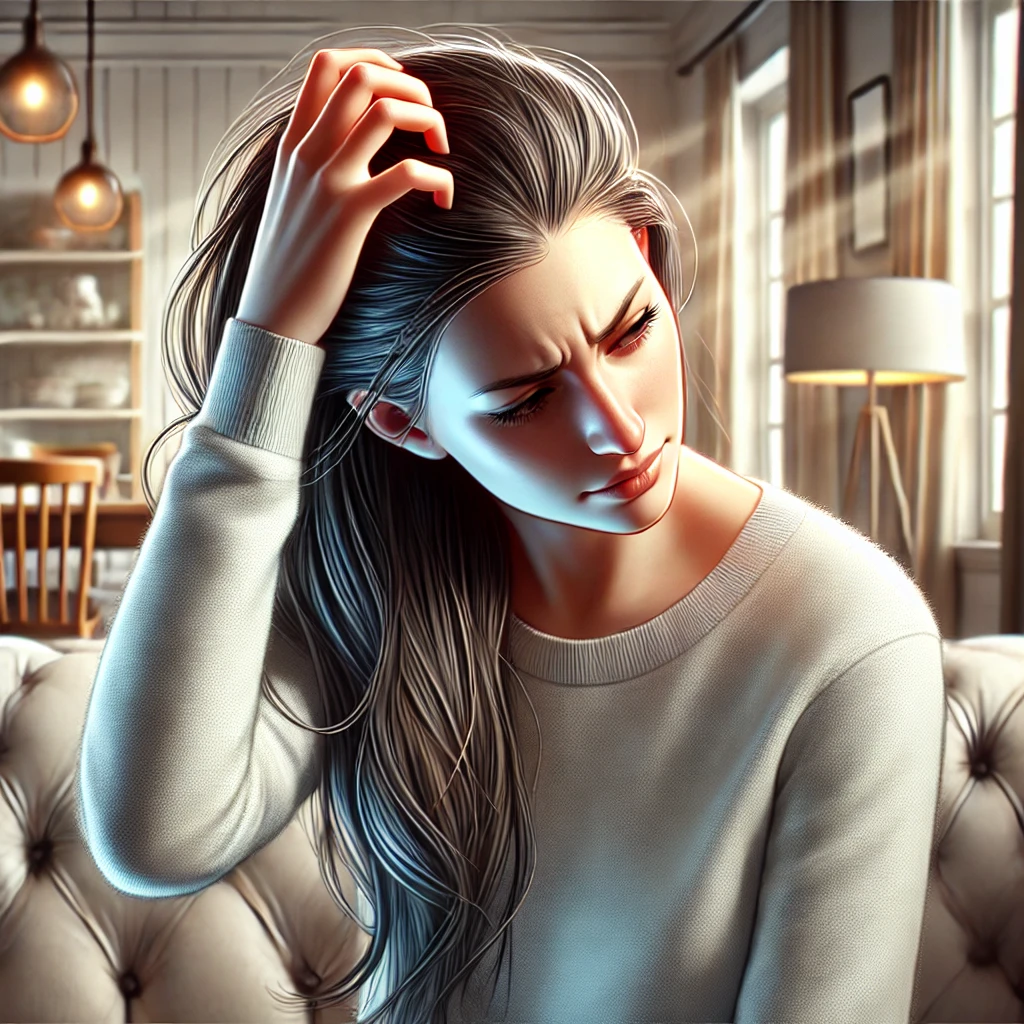
Let’s face it—having an itchy scalp is not only uncomfortable but can also be quite embarrassing, especially in social settings. The good news? Understanding what’s causing the itchiness can help you take the right steps to tackle it effectively. Whether it’s a pesky problem like dandruff or something more complex like a skin condition, there’s always a solution.
Common Causes of Itchy Hair
Dry Scalp
One of the most common reasons for an itchy scalp is dryness. When your scalp lacks sufficient moisture, it can feel tight, flaky, and, yes, very itchy. This could be due to cold weather, over-washing, or the use of harsh shampoos.
Dandruff
Dandruff is another big culprit. Caused by an overgrowth of yeast on the scalp, it can result in white flakes and relentless itching. If your shoulders often resemble a snowstorm, dandruff might be the reason.
Allergic Reactions
Ever felt your scalp burning after using a new shampoo or hair dye? That’s likely an allergic reaction. Ingredients like sulfates, parabens, or artificial fragrances can irritate sensitive scalps.
Scalp Psoriasis
This chronic skin condition can lead to thick, scaly patches on the scalp, which can be incredibly itchy. Psoriasis is often triggered by stress, infections, or even certain medications.
Head Lice
The thought of tiny lice crawling on your scalp is enough to make anyone itchy! These parasites feed on your blood, causing intense itchiness, particularly at night.
Fungal Infections
Conditions like ringworm of the scalp (tinea capitis) are caused by fungi and can lead to patches of hair loss along with severe itching.
Poor Hair Hygiene
Neglecting to wash your hair regularly can result in a build-up of oils, sweat, and dirt, all of which can irritate the scalp.
Ways to Treat Itchy Hair
Hydration and Moisturization
A dry scalp needs moisture. Use scalp oils or deep conditioning treatments to lock in hydration. Look for products containing natural oils like coconut or argan oil.
Anti-Dandruff Shampoos
Combat dandruff with shampoos containing active ingredients like zinc pyrithione, selenium sulfide, or ketoconazole. Follow the instructions carefully for best results.
Avoiding Allergens
If you suspect a product is causing irritation, stop using it immediately. Opt for hypoallergenic and fragrance-free shampoos to avoid reactions.
Medical Treatments
For persistent scalp issues like psoriasis or fungal infections, consulting a dermatologist is essential. Prescription treatments, including medicated shampoos and topical steroids, may be required.
Natural Remedies
Home remedies can work wonders for mild cases. Aloe vera soothes irritation, while tea tree oil’s antifungal properties can help combat infections. Always do a patch test first.
Proper Hair Hygiene
Wash your hair regularly but not excessively. Over-washing can strip natural oils, while under-washing can lead to build-up.
Preventive Measures for Itchy Hair
Regular Scalp Care
Incorporate a weekly scalp scrub or mask into your routine to maintain cleanliness and hydration.
Balanced Diet
Your diet plays a significant role in scalp health. Omega-3 fatty acids, vitamins A, D, and E, and zinc are particularly beneficial.
Avoiding Stress
Stress can exacerbate conditions like psoriasis or trigger itchiness. Practice relaxation techniques like meditation or yoga to keep stress levels in check.
Conclusion
Itchy hair doesn’t have to be a lifelong struggle. By identifying the root cause—whether it’s dandruff, dryness, or something more serious—you can find the right treatment and enjoy a comfortable, itch-free scalp. Remember, consistent care and a proactive approach are key to long-term relief.
FAQs
- What are the most common reasons for itchy hair?
Dry scalp, dandruff, allergic reactions, and poor hygiene are the most frequent causes. - Can stress make my scalp itchy?
Absolutely! Stress can trigger conditions like psoriasis or increase sensitivity, leading to itchiness. - Are natural remedies effective for scalp itchiness?
Yes, natural remedies like aloe vera and tea tree oil can soothe mild itchiness, but always consult a dermatologist for severe cases. - When should I see a doctor for an itchy scalp?
If the itchiness is persistent, causes pain, or is accompanied by hair loss, it’s time to seek medical advice. - Can diet changes help with an itchy scalp?
Definitely. A nutrient-rich diet supports scalp health and can prevent dryness or inflammation.







